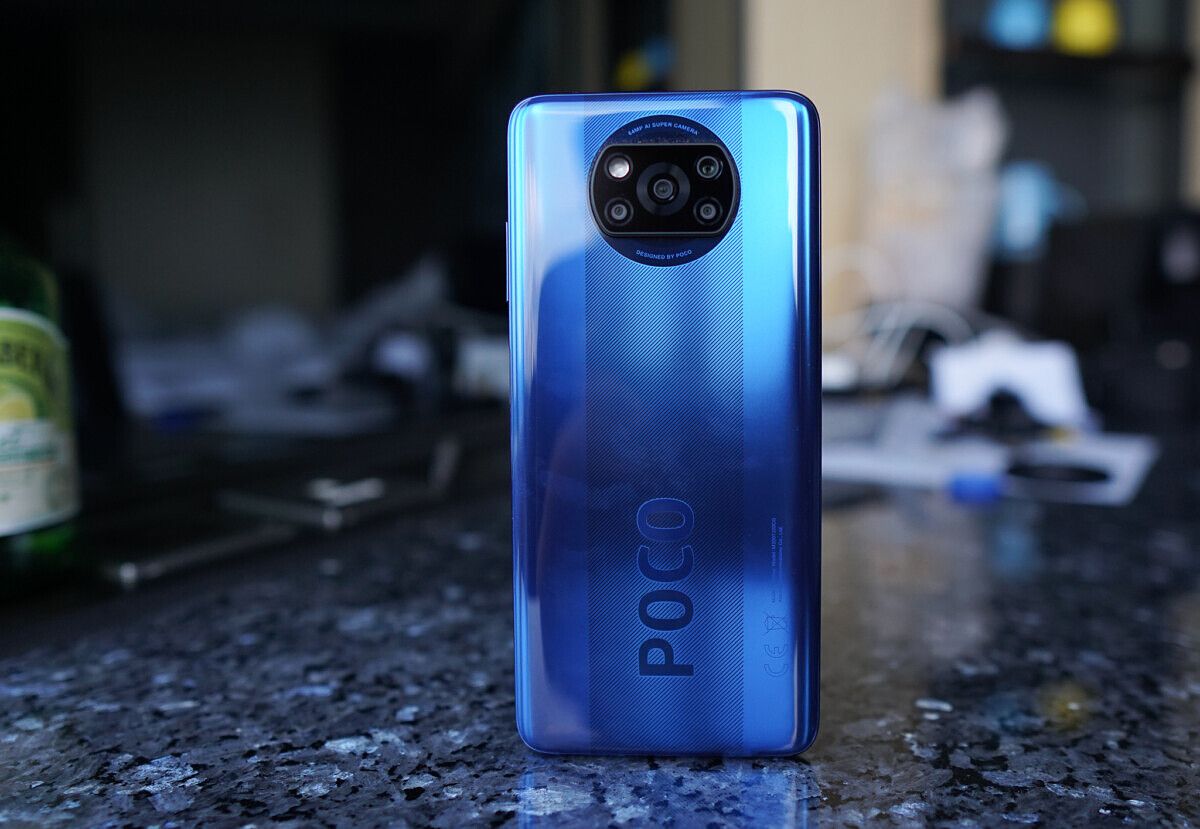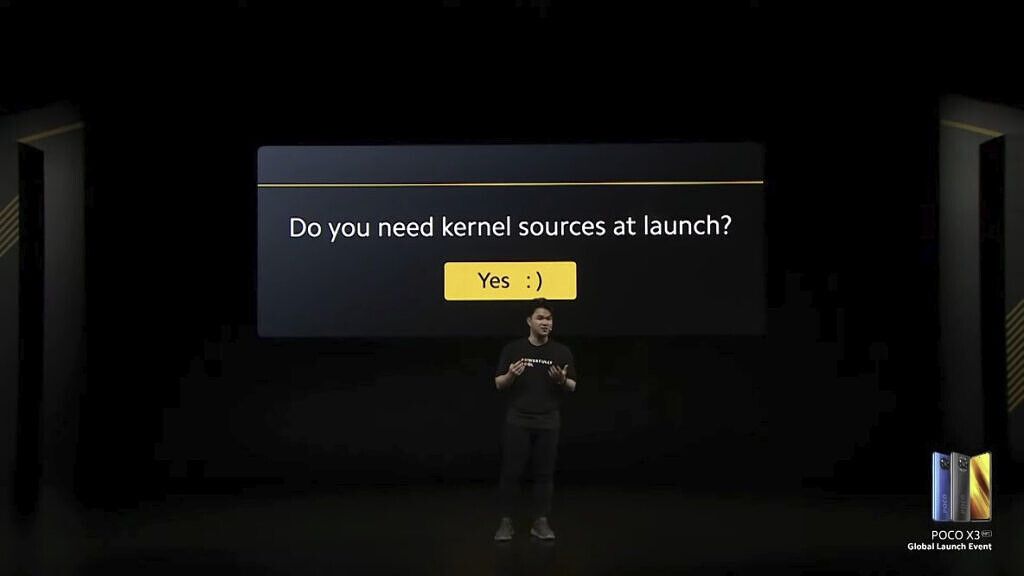The POCO X3 NFC was launched back on September 7, 2020, bringing around a very high-value package at an affordable price tag. POCO repeated the same act with the POCO X3 in India, launched on September 22, 2020, but with slight differences from the globally launched variant: a bigger battery and no NFC. Two months on, the device remains one of the best purchases overall in the mid-range, for both the Global and the Indian variants. But what disappoints us is the fact that the kernel source for the device(s) has still not been released, despite a promise to release it on launch day.
If you tuned into the global launch event for the POCO X3 NFC (device codename: surya), you would have noticed POCO promising to release the kernel sources of the device right on the same day.
While POCO India did not make an explicit promise to release the kernel sources right on launch day for the POCO X3 Indian variant, they are still bound by the GPL like all other Android OEMs. The Indian variant has an internal codename "karna", but MIUI 12 firmware packages are released for it with the "surya" codename tag and "in" region tag for India. The POCO X3 and POCO X3 NFC are very similar to each other, as the names would also imply.GPLv2 requires companies to release any modifications to the 'GPLed' codebase (the kernel in this case) that they ship to the customers. Releasing sources is not just part of the spirit of Android and one of the foundations of a flourishing third-party development community, it is also part of the copyright/copyleft license associated with the kernel. Copyright holders of the GPL software can choose to enforce the GPL on the distributed/derivative works of the software, and it thus becomes a legally enforceable contract in several jurisdictions to release kernel sources. We can go further into the legalities of it, but long story short -- if you ship a modification to a GPL software, you have to provide its source code.Since it has been more than 2 months now since the phone has been released, there is very little excuse left on POCO's end for not having released the source code. The phone is in the hands of consumers, and a fair few updates have also been delivered. Releasing kernel sources promptly should be something that every OEM does anyway. But POCO explicitly promised a very quick kernel release. And not releasing it so far trudges upon these claims of developer-friendliness and the trust of customers (and legal contracts, too).The POCO X3/NFC remains an excellent value device in the age of rising flagship prices. While the phone is no flagship, nor does it pretend to be, it's very easy to recommend to average users in the regions where it is officially sold. You get a lot of phone for the money. We hope POCO releases kernel sources as soon as possible, to keep up its promise to its fans. And while they're at it, we hope they release kernel sources for the POCO M2 (device codename: shiva) and POCO C3 (device codename: angelicain) as well.


